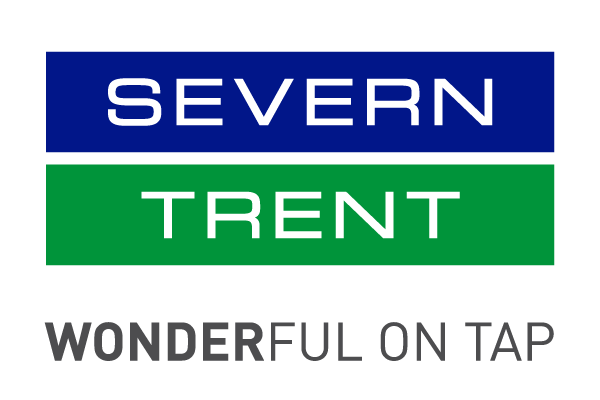We're working hard to prevent river pollution
One of the main measures used by the Environment Agency to measure harm to rivers is called RNAGS (Reasons for Not Achieving Good Ecological Status).
Over the past two years, we’ve made good progress, reducing our contributions to RNAGS to 14% this year. That means that currently 86% of RNAGS are caused by other sectors and stakeholders. And we aim to go even further by reducing to 10% by the end of next year, building on our progress to date.
Everyone who works for, and with, Severn Trent takes the responsibility for the health of the region’s rivers seriously. We now have more than 100 people dedicated to driving down our impact further, including our community River Rangers, AI-data scientists and spill reduction specialists.
However, due to the increasing pressures of climate change, we continue to see exceptional weather conditions. Challenges like this need new ways of thinking, which is why we are funding a £41m package of investment for smart interventions such as reed beds, modular storm water storage solutions and using new AI technology to predict and prevent spills faster than before.
Improving river health is a team game
We want to do all we can to take leadership on many of the issues our region’s rivers face. But it’s not just Severn Trent working on this. We continue to partner with others to make our region’s rivers the healthiest they can be.
While we don’t own the region’s rivers, we know we have an important role to play in improving river health. As well as minimising our impact on rivers, we can also make a difference by supporting others, such as the agricultural sector.
Our unique collaboration with the sector has seen us partner with more than 5,000 farmers in the last decade to help protect water quality and river health through a range of schemes. These include funding on-farm improvements that reduce agricultural run-off, as well as supporting farmers to improve spray efficiency, minimising the risk of chemicals reaching local watercourses.
Since launching our enhanced package to promote regenerative farming practices in May 2022, we have awarded 427 Severn Trent Environmental Protection Scheme (STEPS) grants for on-farm solutions – worth almost £4.9 million – that help protect the region’s rivers and improve biodiversity.
Over the coming years, we’ll do even more to support the sector and will continue to work in partnership with farmers and landowners across our region.
We support DEFRA’s January 2023 publication which signalled their new approach to sustainable drainage. They seek to make this mandatory, which will reduce surface water flooding, pollution, and alleviate pressure on the wastewater network. We encourage DEFRA to translate these aspirations into reality.
We particularly want to see action to help keep rainwater from new developments out of sewers. This will result in better environmental and economical solutions such as capturing rainwater in nature-enhancing swales and ponds – or even re-used to flush toilets.
At Severn Trent, we’re also taking action to improve the problem of excess rainwater. We are reducing the volume and speed of rainwater entering the sewer network in a number of different ways. These include helping households capture rainwater from gutters using simple water butts to town-wide schemes like the one we’re pioneering in Mansfield.
Rivers are also polluted by run off from roads, including everything from road grit to tyre waste. This causes a significant impact on rivers, but it is not currently regulated and no bodies currently take responsibility for it.
The clear principle supported by Government is that the polluter should pay, but more clarification is required. We are calling on Government to set up a time-limited commission to suggest ways to solve this problem.
Wet wipes and other unflushables
Sewage pollution can be caused by blockages in the sewer network – with wet wipes and other unflushables often being a major source of these blockages.
Customers can help us and their neighbours avoid sewer blockages by putting wet wipes, sanitary products, and leftover food in the bin.
We are supporting the proposed ban on single use wet wipes containing plastic that that the Government is looking to introduce once the results of the consultation have been fully assessed.
Preventing our sewers being blocked could save numerous pollutions each year and would be a key step in our journey to halving pollutions and eliminating serious impact.
We have a blockage education campaign that has been positively recognised by Ofwat. It can be broken down into:
Reaching our communities
We continue to build on our already extensive proactive engagement plan with local communities. We want to raise awareness around the impact of sewer misuse and the potential environmental effect that putting the wrong things into the sewer network can have.
So far, we’ve achieved this through customer education, MP engagement, education in schools and working with food service establishments in collaboration with our partners ECAS to educate on commercial FOG disposal.
